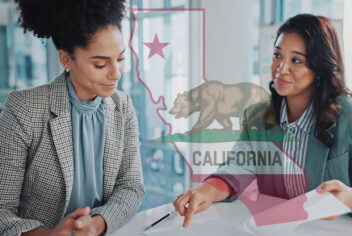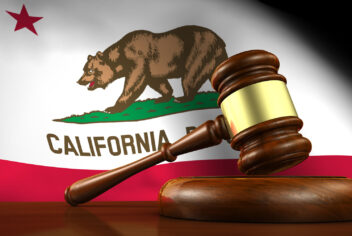NIA offers live webinars tailored specifically to the risk management needs of 501(c)(3) nonprofits.
If you log into the Member Portal, you’ll be able to view the library of on-demand webinars.
Educational and Insightful.
Ideal for in-service risk management training and offering valuable insights to senior management and board members on nuances of nonprofit risk management.
Engaging and Interactive.
Participation is welcomed and encouraged so feel free to ask questions and let our experts provide you with valuable responses.






